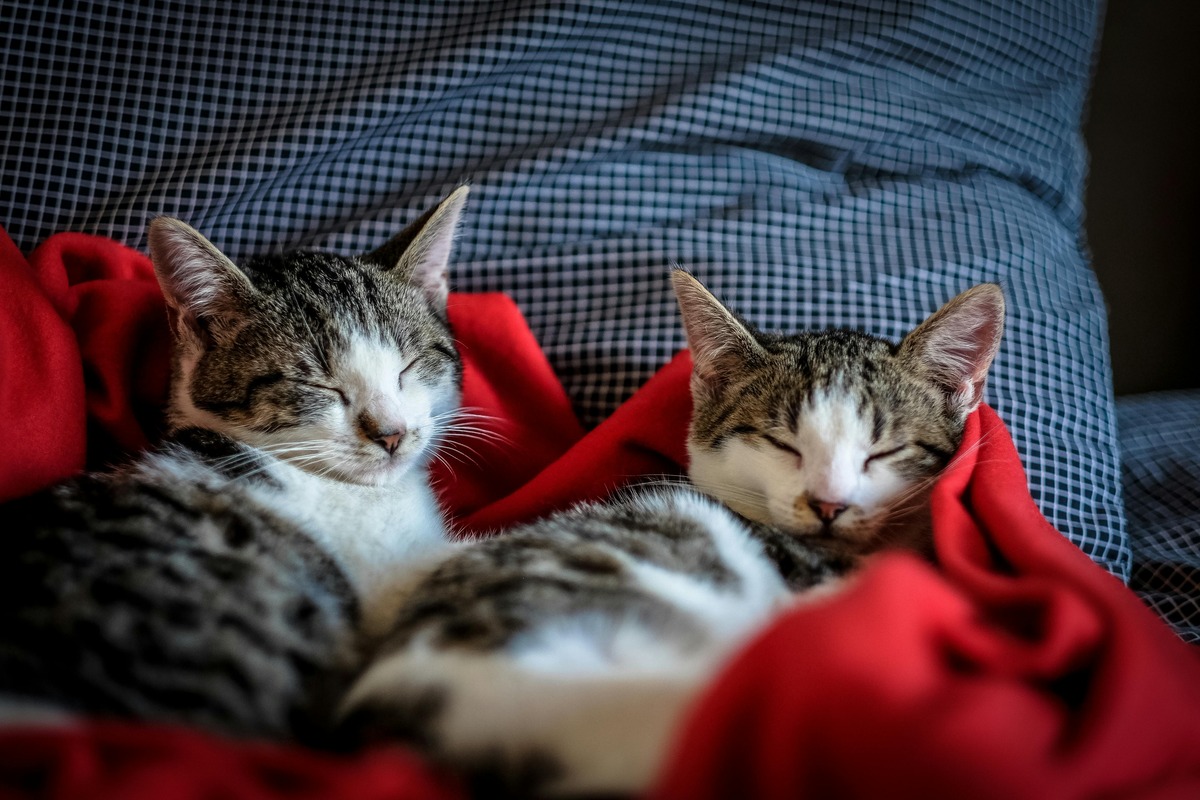7 Differences Between Male and Female Cats You Should Know Before Adopting
Adopting a cat is an exciting decision, but before bringing one home, you might wonder: Does gender matter when choosing a cat? While male and female cats share many similarities, they also have distinct differences in personality, behavior, and health needs.
Understanding these differences can help you choose the best fit for your home and lifestyle. Here are 7 key differences between male and female cats to consider before adopting.
1. Personality & Temperament
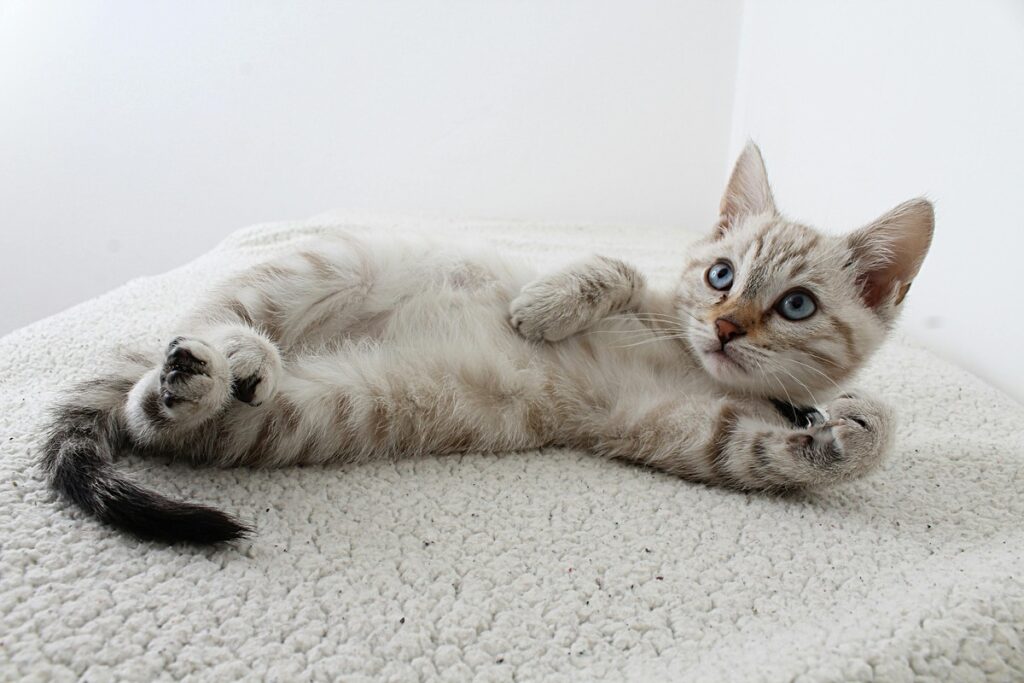
Male Cats (Toms):
Male cats tend to be more social, playful, and affectionate than females. They often bond quickly with their owners, enjoy being the center of attention, and may be more willing to be handled.
Female Cats (Queens):
Female cats are often more independent and reserved compared to males. While they can be affectionate, they may take longer to warm up to new people and often prefer shorter cuddle sessions.
What This Means for You: If you want a more outgoing, social cat, a male might be the better choice. If you prefer a more independent, low-maintenance pet, a female cat may suit you better.
2. Affection Levels
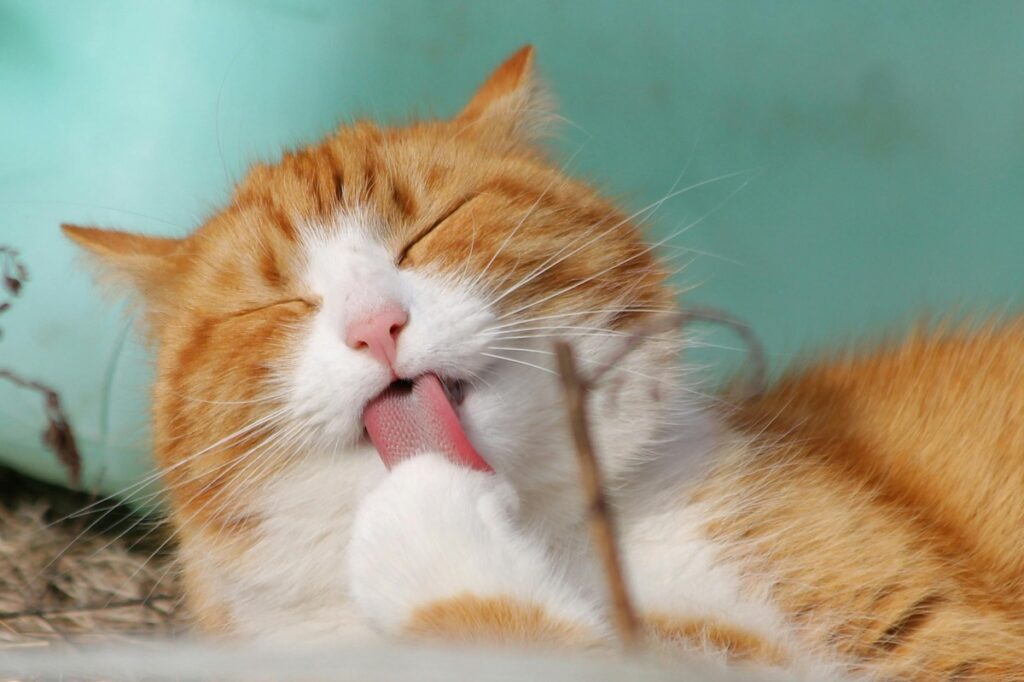
Male Cats:
Neutered males are typically more affectionate and enjoy sitting on laps, following their owners around, and demanding attention.
Female Cats:
Females, especially unspayed ones, can be loving but on their own terms. They tend to show affection when they feel like it rather than seeking it constantly.
What This Means for You: If you’re looking for a cuddly, attention-seeking cat, a male cat may be the better option.
3. Territorial Behavior

Male Cats:
Unneutered males are more territorial and may spray urine to mark their territory, especially if there are other cats around. This behavior is greatly reduced when they are neutered at an early age.
Female Cats:
Females are less likely to spray but can also be territorial, particularly if they are in heat or protecting their kittens.
What This Means for You: If adopting a male, neutering is essential to prevent territorial marking.
4. Aggression & Playfulness
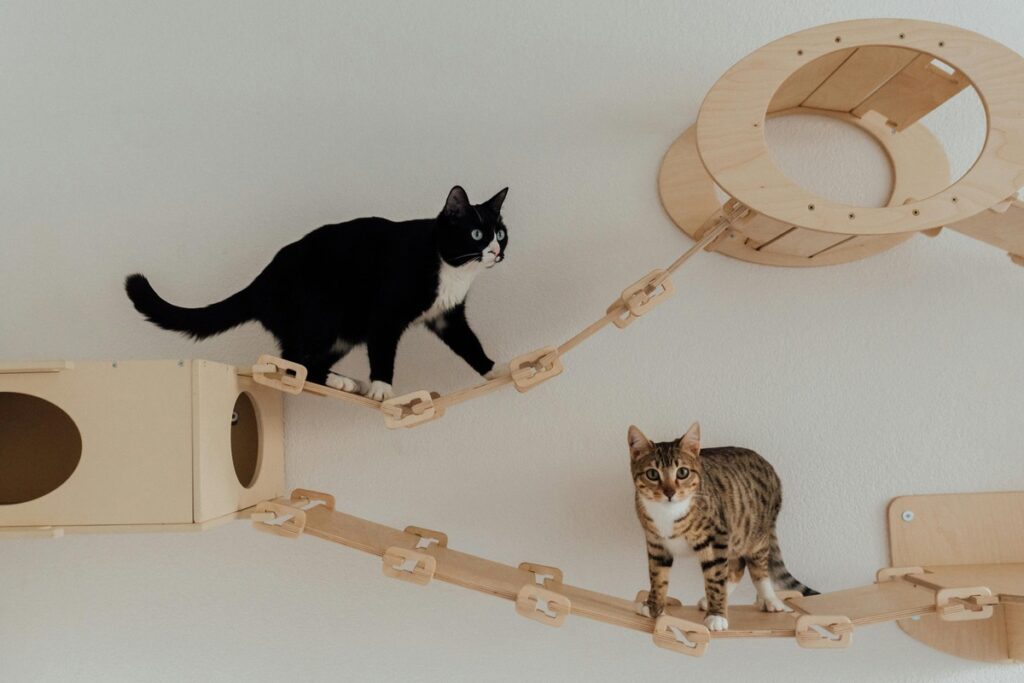
Male Cats:
Male cats are generally more playful, energetic, and rough when playing, even as adults. They are more likely to engage in wrestling or chasing games with other pets.
Female Cats:
Females tend to be calmer and less aggressive in play. They still enjoy playing but are often more strategic and less rough compared to males.
What This Means for You: If you want a high-energy, playful cat, a male is a great choice. If you prefer a quieter, gentler playmate, a female might be better.
5. Vocalization & Mating Behavior
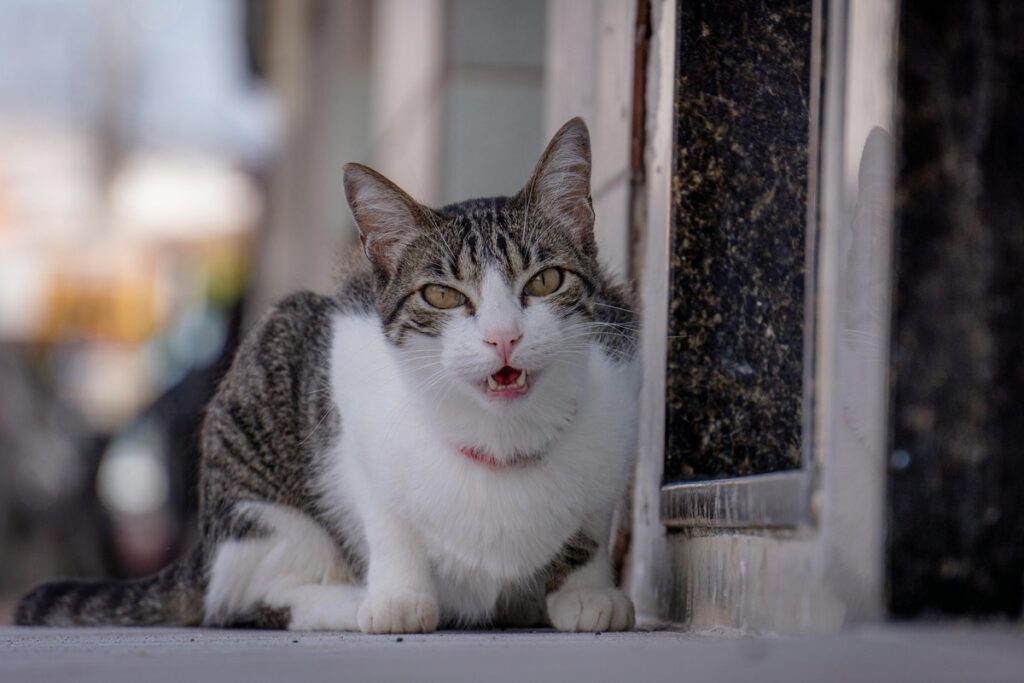
Male Cats:
Unneutered males tend to yowl loudly, especially if they sense a female in heat nearby. They may also become restless and attempt to escape to find a mate.
Female Cats:
Unspayed females go into heat multiple times a year, during which they yowl, roll on the floor, and seek attention to attract a mate. This behavior can last several days and can be very loud.
What This Means for You: Spaying or neutering your cat will greatly reduce excessive vocalization and mating-related behaviors.
6. Health Considerations
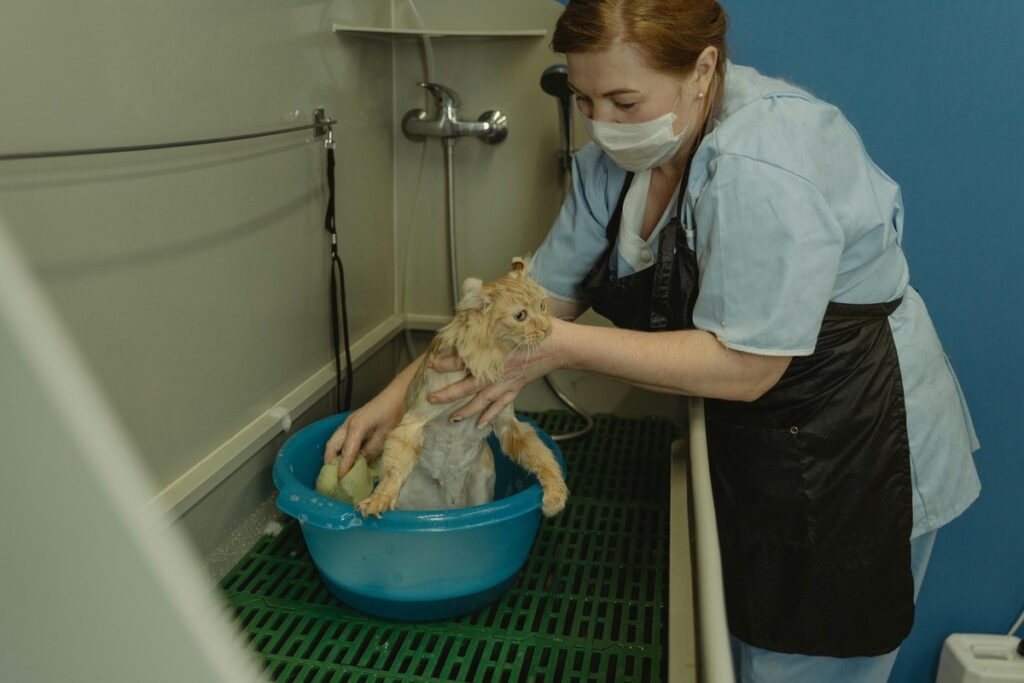
Male Cats:
• Neutered males are prone to urinary tract issues, including blockages, which can be life-threatening if untreated.
• They have a higher risk of obesity if they are not active enough.
Female Cats:
• Unspayed females have a risk of uterine infections (pyometra) and breast cancer, which can be prevented by early spaying.
What This Means for You: Regular vet check-ups and a proper diet are crucial for both male and female cats, but spaying/neutering is highly recommended for long-term health.
7. Grooming & Maintenance
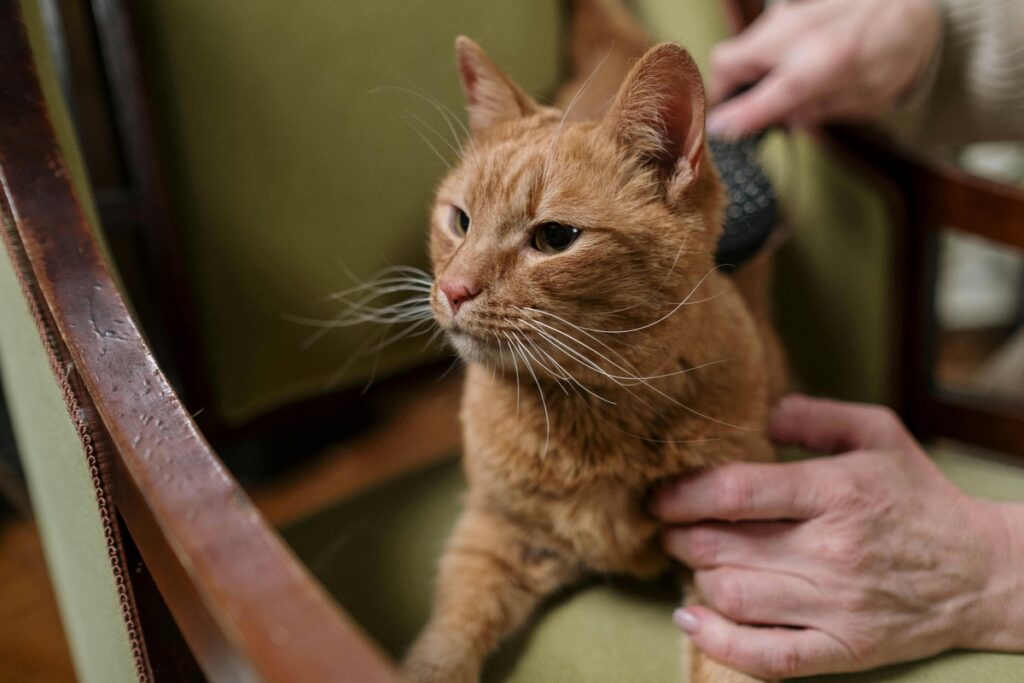
Male Cats:
Males may develop thicker coats and shed more, especially long-haired breeds. They may also be less meticulous with grooming than females.
Female Cats:
Females are typically cleaner and more independent groomers. They tend to keep themselves tidy and require less maintenance.
What This Means for You: If you prefer a low-maintenance cat, a female may be the best choice.
Which is Right for You?
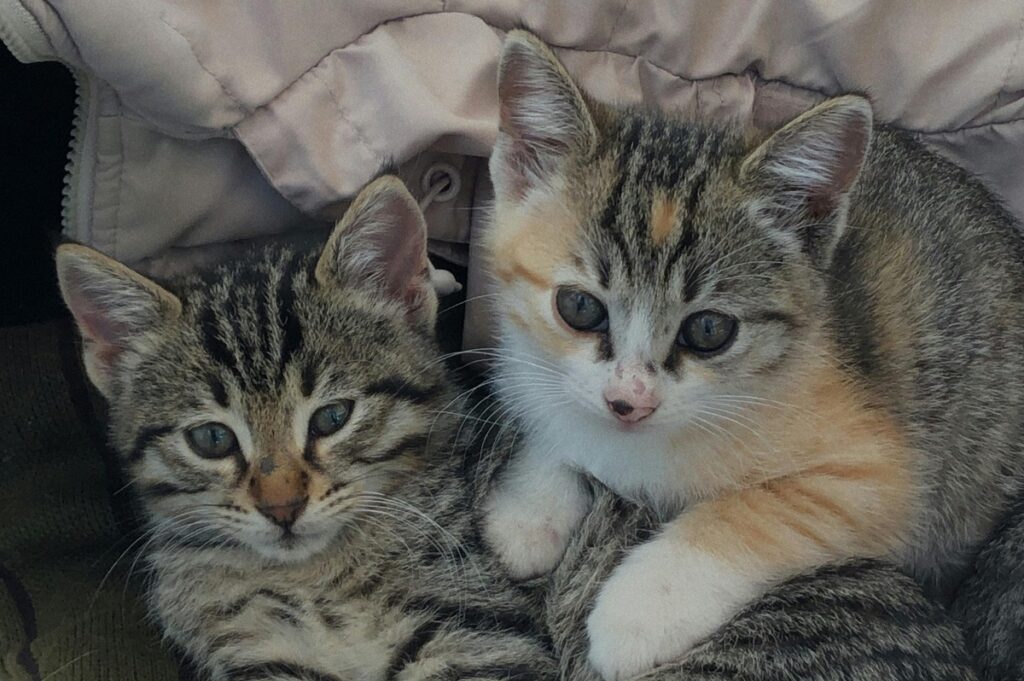
Both male and female cats make wonderful pets, and each has unique qualities that may suit different owners.
Choose a Male Cat If You Want:
- A friendly, playful, and affectionate companion
- A social and outgoing cat that enjoys attention
- A cat that loves to cuddle and interact
Choose a Female Cat If You Want:
- A more independent and reserved pet
- A cat that is cleaner and requires less grooming
- A quieter, more low-maintenance companion
Regardless of gender, the best way to ensure a happy, well-adjusted cat is through proper socialization, spaying/neutering, and lots of love.

